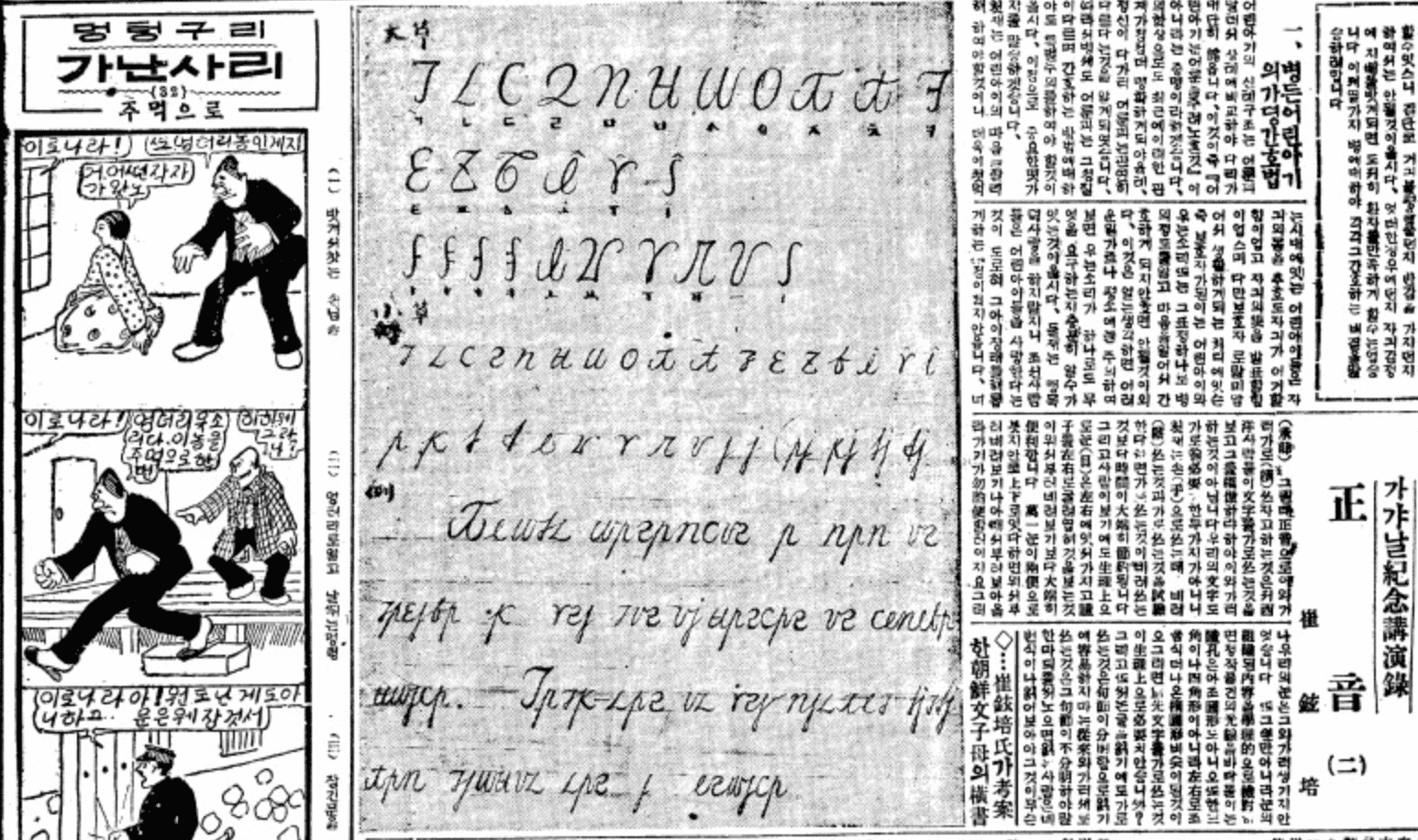
The Visuality of Writing in Colonial Korea
New York University Yoon Jeong Oh
November 4, 2022 · 4:30 pm—6:00 pm · 202 Jones Hall
East Asian Studies Program

Literary texts from early twentieth-century Korea appear quite different from contemporary works. Due to the textual hybridity that mixes early modern Korean, Chinse characters (hancha), and the Japanese colonial language, Korean literature from even less than a hundred years ago remains mostly incomprehensible to many Korean readers in the twenty-first century. The exclusive usage of the native phonetic writing system han’gŭl, spurred the nationalist policy after the liberation, forced the translation of classics that are typically written in literary Chinese (hanmun). Since the rules of han’gŭl orthography underwent multiple reforms and revisions until the 2010s in South Korea, the modern translation of the recent past continues to carefully erase all the foreign elements and the textual unruliness of the originals. The intensely phonocentric orientation of han’gŭl writing created the idea of an original Korean language as if there were a single language that had been consistently spoken by the Korean people for thousands of years. In the meantime, the visual aspect of textual materiality has been readily disregarded along with heterological possibilities of modern writing. This talk will present these conflicting images of vertical texts and horizontal writings in colonial Korea and examine the tension over the visuality of writing.
Yoon Jeong Oh is Assistant Professor in the Department of East Asian Studies and Affiliate Faculty in Comparative Literature at New York University. Her research focuses on interlingual, intertextual, and intercultural moments in Korean literature and beyond. She is currently completing her book manuscript about translingual Asian literatures that resist the current geographical and racialogical ordering of the world by engaging with translation theories, postcolonial studies, and psychoanalysis. Her works have appeared in Postcolonial Studies, Mediapolis, Journal of Korean and Asian Arts, Azalea, Soft Power of the Korean Wave, and The Routledge Companion of Korean Literature, among others. Her research interests also include visual studies, urban aesthetics, and the links between text, media, and culture.















